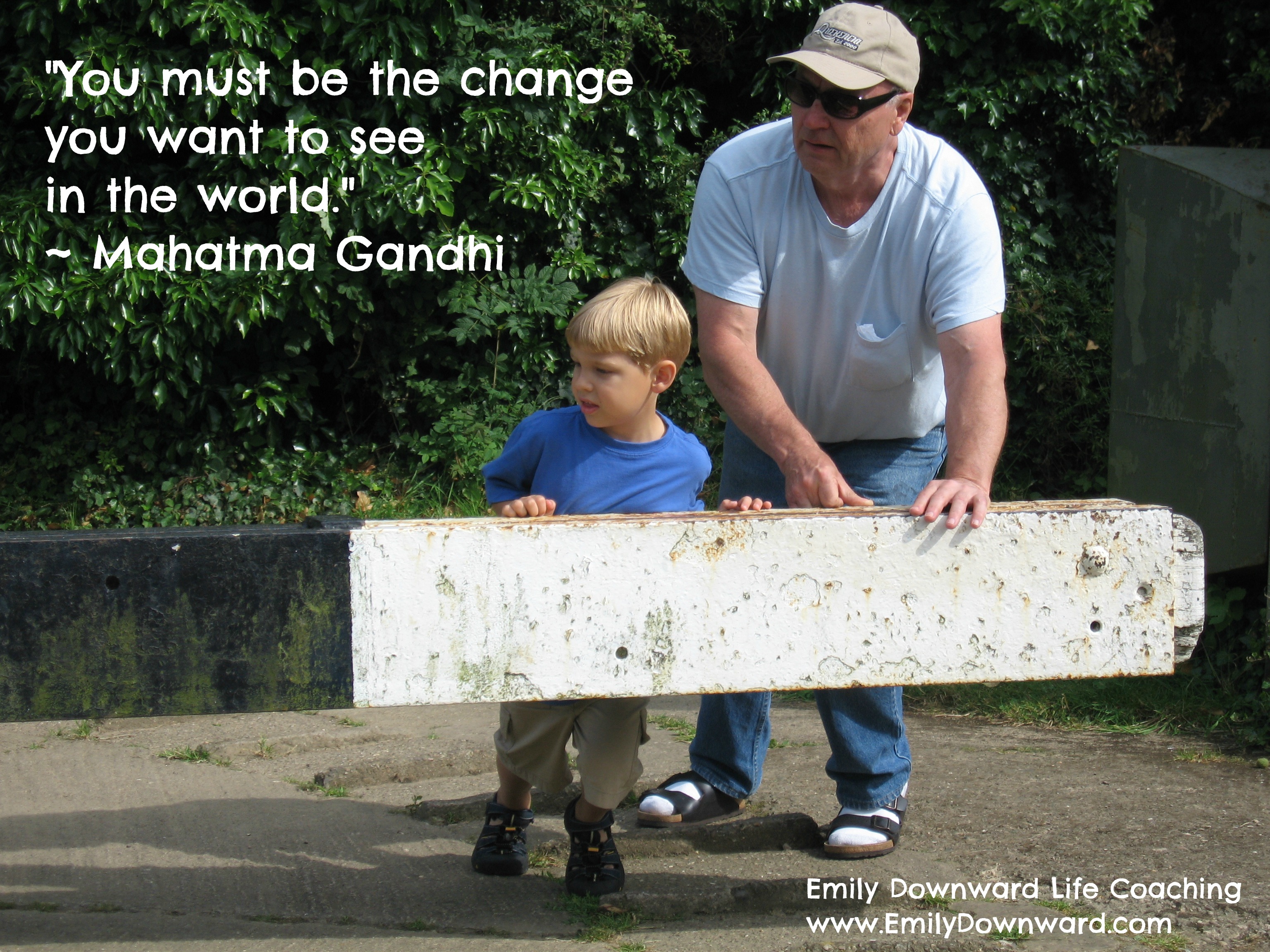 I’ve recently moved (yes, it’s my second cross-country move this year), and as someone recently said to me, “it’s great to move because you find all the stuff you forgot about, but it’s terrible to move because you find all the stuff you forgot about.” I’m definitely finding that to be the case and am more inclined than ever to be more minimalist in stuff.
I’ve recently moved (yes, it’s my second cross-country move this year), and as someone recently said to me, “it’s great to move because you find all the stuff you forgot about, but it’s terrible to move because you find all the stuff you forgot about.” I’m definitely finding that to be the case and am more inclined than ever to be more minimalist in stuff.
One of my finds was an old journal from 3 ½ years ago. Taking a brief respite from unpacking, I flipped through it and read a bit, my own words taking me back to that time of frustration. “I wonder…am I running away or running toward? There’s currently a commercial for a financial company that plots a green line that directs you where to go to reach your goal. The direction changes based on the goal. I wish I knew which line to follow – or that there was a clear line to begin with. What are my goals? I’d like to make a difference, leave the world better somehow. Sometimes I wonder if that’s possible in my current frustrating job. There are times when I can so clearly see the changes and processes that are needed to make things better. But I feel powerless to make a difference or influence such a change.”
This is why I coach others who are struggling at work. I get it. I know what it’s like to feel like your shoulders are permanently up around your ears due to stress and your stomach churning with anxiety. I know how demoralizing it is to feel like nothing is ever enough, and all you ever hear is “more, more, more!”
So much of our life is spent at work, and I believe everyone deserves to enjoy that time. Sure, there are always tasks that are unpleasant or loathsome (time entry in the agency world comes to mind), but no one needs to feel trapped, consistently burned out, or stuck. I help people find joy and passion in their work, whether that’s in their current job or one that better utilizes their strengths. And through my work, I get to achieve my goal of making a difference, making things better for my clients, and I get to use my experience in the corporate workforce to influence positive change.
I believe you don’t need fixing. You have all the answers inside you. And I know from experience that coaching can help you uncover those answers more quickly than you may be able to on your own. It may not be as graphic as the green line from the commercial that leads you to your financial goal, but there are signs along the way, within you and around you, that can lead you to a happier, more fulfilling life.
